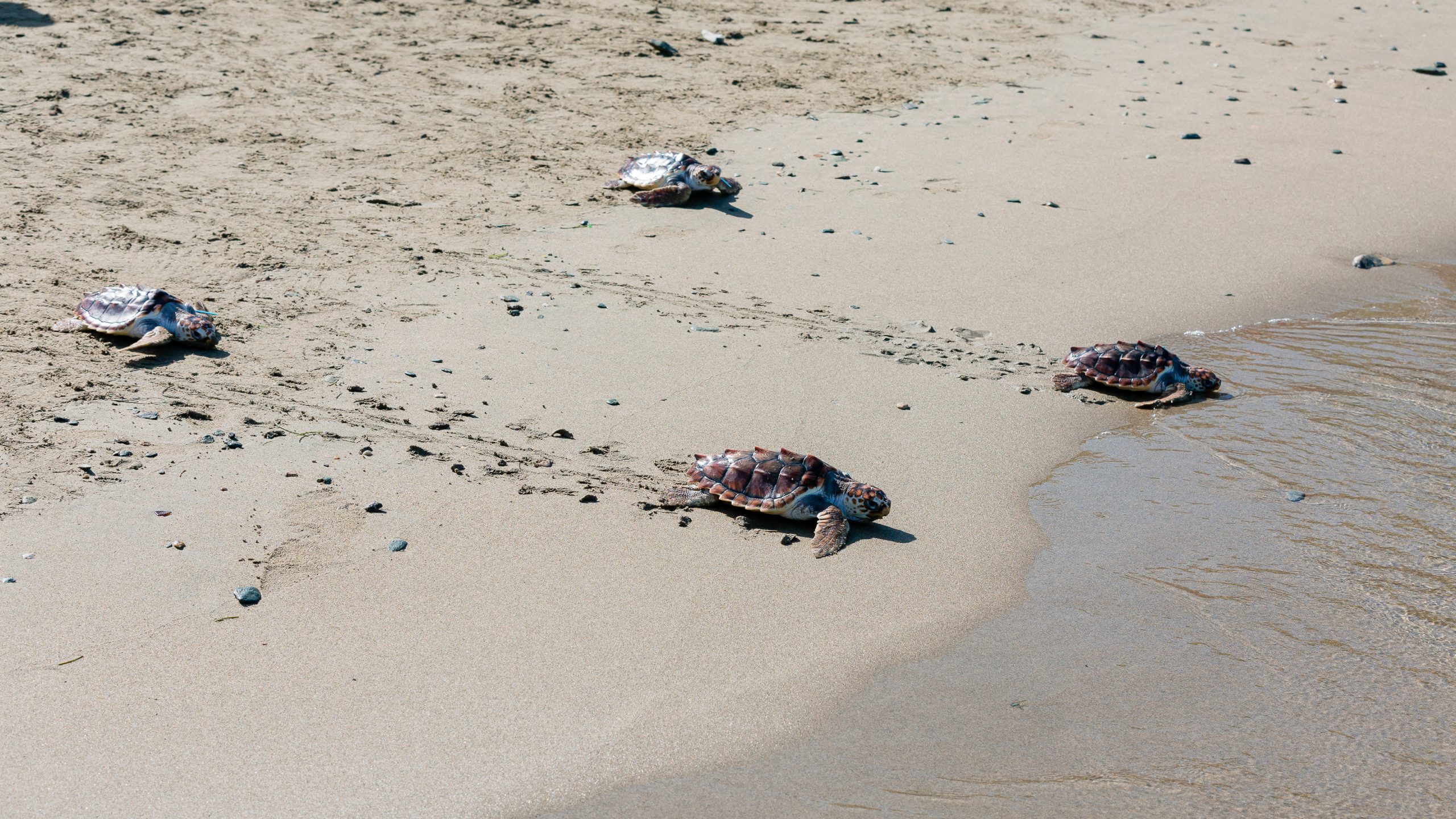
United for Wildlife: Tackling the illegal wildlife trade
The illegal wildlife trade is worth up to $20 billion annually and involves highly organised criminal networks associated with violent crime, corruption and other forms of trafficking. Tackling it requires a global, organised response, with intelligence sharing between front-line conservationists all the way up to national government and international organisations.
SRT grantee partner United for Wildlife, founded by The Royal Foundation and Prince William in 2014, aims to make it impossible for traffickers to transport, finance or profit from illegal wildlife products. The organisation works collaboratively with the transport and finance sectors, builds key partnerships with law enforcement and NGOs, and shares intelligence across the sectors, and across borders.
In the six years since creating its international transport and financial taskforces, the United for Wildlife network has contributed to nearly 500 law enforcement cases, over 300 arrests, over 200 seizures of wildlife products and has trained over 100,000 people. The network runs from Southeast Asia to South America, Europe to East Africa.
The latest addition to the programme’s global network is its Latin America and Caribbean Chapter. As home to 50% of the world’s biodiversity, this region is a significant target for wildlife trafficking. This impacts communities, economies and biodiversity as well as the planet’s resilience to climate change. Despite this, Latin America is “leading the way, both in awareness and the strength of its law enforcement response in combatting the illegal wildlife trade”, as noted by the Royal Foundation Chair. It is hoped that the presence of United for Wildlife will bolster existing regional expertise and connect it to a global network of intelligence-sharing.
In July 2023, a launch event for this Chapter in Colombia saw financial institutions, transport companies, law enforcement agencies and conservation groups join forces. The event highlighted the most pressing regional threats to wildlife and trafficking corridors in Latin America, including marine trafficking and ocean protection. Delegates marked the launch with the release of key marine species at risk of trafficking, including nursing sharks, green turtles and loggerhead turtles, back into their natural habitat.
Additionally, in August 2023 The Royal Foundation entered into partnership with the UN Office on Drugs and Crime (UNODC) around the United for Wildlife programme. The new three-year agreement will see The Royal Foundation and UNODC combine their resources and expertise, fusing United for Wildlife’s private sector and NGO partnerships with UNODC’s global network of wildlife crime advisers and relationships with global law enforcement entities and national governments.
UNODC officers will be based in Southern Africa, West Africa, East Africa, Latin America, and Asia. The partnership will increase law enforcement engagement in fighting criminal syndicates behind the global wildlife trade and aims to tackle the high-level corruption that often facilitates wildlife trafficking. It will also encourage cross-sector collaboration and information-sharing to support seizures, investigations and arrests.
Return to grantee stories
